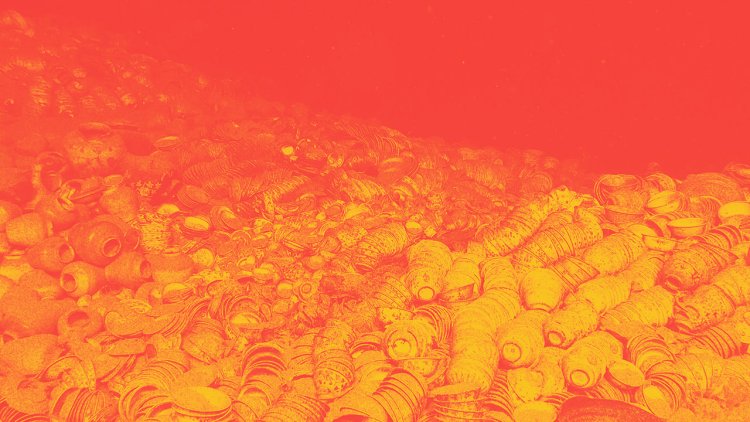How the Communist Party is using archaeology as a tool of nationalism
image: Guo Cheng/Xinhua/eyevineTHE SOUTH CHINA SEA is full of treasure. Last year, Chinese researchers found two ships from the Ming Dynasty some 1,500 metres down: one loaded with porcelain, the other with timber. But, their discovery is not only of interest to scholars.The Economist’s Beijing bureau chief, David Rennie, and China correspondent, Gabriel Crossley, examine how the Communist Party is using archaeology to enhance its territorial claims, and why Xi Jinping is putting ancient history at the centre of politics. Runtime: 28 minSign up to our weekly newsletter here and for full access to print, digital and audio editions, as well as exclusive live events, subscribe to The Economist at economist.com/drumoffer.Listen on: Apple Podcasts | Spotify | Google | RSS


THE SOUTH CHINA SEA is full of treasure. Last year, Chinese researchers found two ships from the Ming Dynasty some 1,500 metres down: one loaded with porcelain, the other with timber. But, their discovery is not only of interest to scholars.
The Economist’s Beijing bureau chief, David Rennie, and China correspondent, Gabriel Crossley, examine how the Communist Party is using archaeology to enhance its territorial claims, and why Xi Jinping is putting ancient history at the centre of politics. Runtime: 28 min
Sign up to our weekly newsletter here and for full access to print, digital and audio editions, as well as exclusive live events, subscribe to The Economist at economist.com/drumoffer.
Listen on: Apple Podcasts | Spotify | Google | RSS
What's Your Reaction?

















